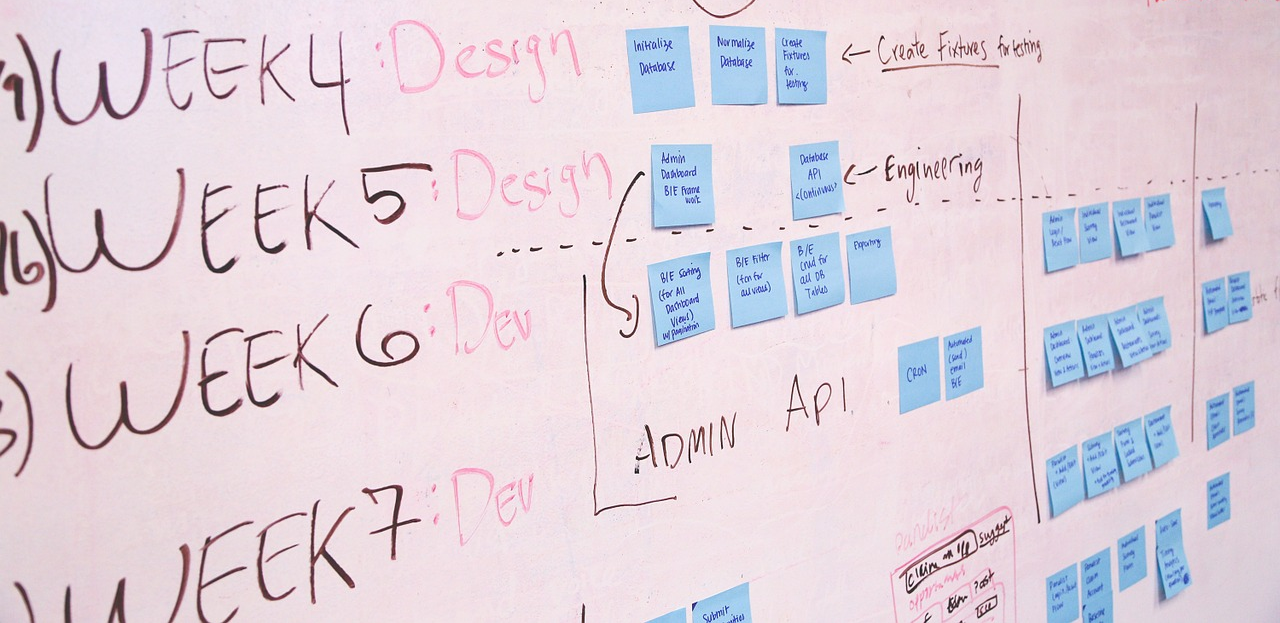
Two projects led by students at the Zurich and Bern University of Applied Sciences have been selected to receive support from the Gebert Rüf Foundation as part of the First Ventures programme.
The First Ventures programme provides selected bachelor’s and master’s students with support including coaching and up to CHF 150,000 during 18 months to accelerate their innovative projects. The aim is to help them transform their projects into a startup.
The following projects have been selected for the program:
Dermato Therma | Ian Häusler | Zurich University of Applied Sciences
There are a wide variety of thermal treatment possibilities, one of them being radiofrequency (RF) waves to introduce heat locally. For Cutaneous Leishmaniasis (CL), a neglected skin disease found in over 98 countries, such a treatment has been around for over 20 years. ZHAW students Ian Häusler and Davide Paparo with their project Dermato Therma have built a prototype using the reverse engineering principle, on which the only RF device available on the CL treatment market is based.
The team has already conducted research and testing to rectify the shortcomings in the original device. They have introduced a non-contact infrared measurement method to decrease the side effects of the treatment while improving its controllability. The team can thus deliver a high-quality RF treatment, thanks to the integrated temperature measurement at an affordable price. Benefiting from the partnership with the Drugs for Neglected Diseases initiative (DNDi), the team plan to win the WHO as a first customer and establish an initial business in the CL treatment market.
Power-Up! | Lucas Renfer | Bern University of Applied sciences
Founded as a spin-off of the Bern University of Applied sciences, Power-Up aims to provide innovative solutions to make the automation of high-mix low-volume production affordable. Many companies producing in small batches are still relying on manual work, which makes maintaining production in Switzerland difficult since production prices are higher than the foreign competition due to the high wages, and recruiting workers for dull, low-paid jobs is becoming difficult. Traditional automation solutions are not viable as they are typically designed for mass production and are not profitable for small volumes. Similarly, new plug-and-play solutions are not flexible enough to address industrial needs properly. To overcome the aforementioned challenges, Power-Up is developing a new platform to allow companies with no expertise in robotics to learn the required skills to develop their own affordable, ad-hoc solutions. The solution will make the technology easier while helping non-experts to learn the skills needed to use robots to their full potential.
(RAN)























































Please login or sign up to comment.
Commenting guidelines